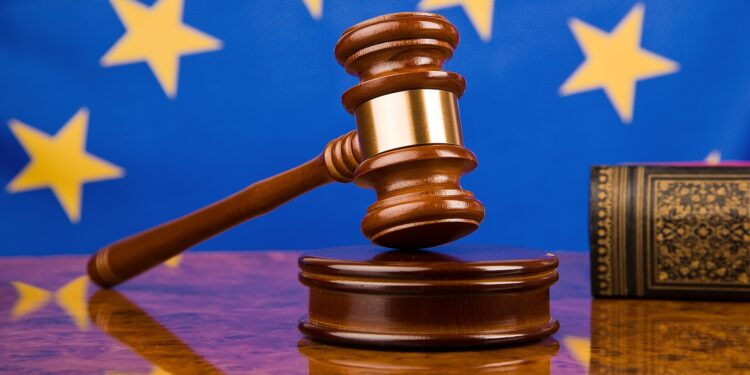Apple is coming under pressure in the EU. The European Commission has fined the company €500 million for violating the Digital Markets Act (DMA). The accusation is that Apple is hindering app developers from informing their users about alternative payment options outside of the App Store. The EU is demanding changes. If Apple fails to respond, further consequences may arise.
Apple was officially fined €500 million under the Digital Markets Act. The reason for this is the so-called anti-steering policy in the App Store, which prevents developers from informing their customers about cheaper or alternative payment methods outside of Apple's platform. The EU sees this as a clear violation of the new law and is now demanding that Apple make changes. This not only involves legal issues, but also the fundamental relationship between large platform operators and those who work on them.
What does anti-steering actually mean?
In this context, anti-steering refers to rules that prohibit app developers from directly informing users about purchasing options outside of the App Store. This includes, for example, references to a cheaper subscription on their own website or the possibility of purchasing digital content there. Apple has previously prohibited such references in its App Store guidelines. This is precisely what contradicts the Digital Markets Act. The DMA requires so-called gatekeepers – i.e., large digital platforms like Apple – to allow developers to provide free information about alternative purchasing options via their apps. The goal is to dismantle monopolies and promote fair competition.
Why exactly was Apple punished?
The EU Commission leads that Apple systematically prevented developers from taking advantage of the DMA's capabilities. Developers were unable to fully benefit from the advantages that alternative distribution channels would have offered them. This involved not only technical rules, but also economic hurdles. According to the EU, Apple currently charges a commission of over 17 percent on purchases made outside of the app. This contradicts the basic idea of the DMA, which requires free information about alternative purchasing options. The Commission also criticizes Apple for implementing commercial and technical restrictions that prevent app developers from using other distribution channels.
What consequences does this have for Apple?
In addition to the fine, Apple must lift all relevant restrictions related to its anti-steering policy. Specifically, this means developers should be able to freely and without restrictions inform their users about alternative payment options. This includes both technical adjustments and changes to the terms and conditions of the contracts with app providers. Furthermore, the EU has found that Apple has not sufficiently fulfilled its obligations to open up the iOS system. The company has made it too difficult for third-party marketplaces to establish themselves on the system. According to the EU Commission, developers are deterred by the so-called alternative terms and conditions – these include, among others, the so-called Core Technology Fee, a new levy for the use of core Apple technologies.
What does Apple say about this?
Apple can now respond to the EU's decision. The penalty is not yet final; it is a preliminary decision to which the company is allowed to formally respond. Good news for Apple: The EU considers some previously announced changes to the iOS system to be sufficient. These include new settings for selecting the default browser, the ability to uninstall system apps like Safari, and changes to the default apps for calls and messages.
Apple in the focus of regulators
Apple is now under scrutiny. If the company fails to respond promptly to the EU's demands, it faces further fines. The Commission has already made it clear that it intends to consistently enforce compliance with the Digital Markets Act. The situation is delicate for Apple. It's not just about money, but about control over its own ecosystem. The coming months are likely to show how far Apple is willing to submit to the new rules in Europe – or whether another conflict will arise. (Photo by ginasanders / Bigstockphoto)
- Reboot for Siri: Apple cleans up its voice assistant
- How Apple achieved a tariff exemption through Tim Cook





